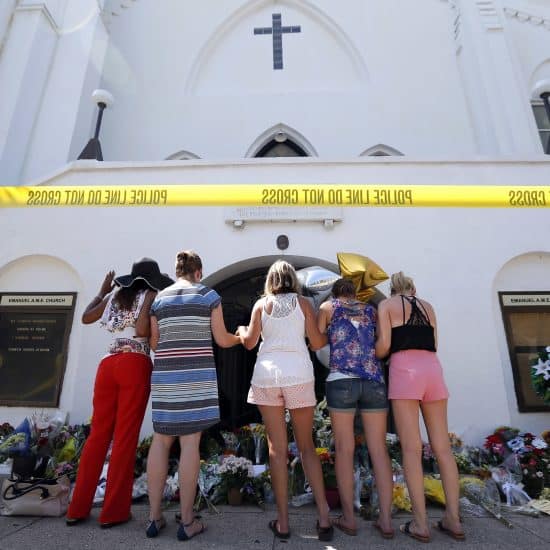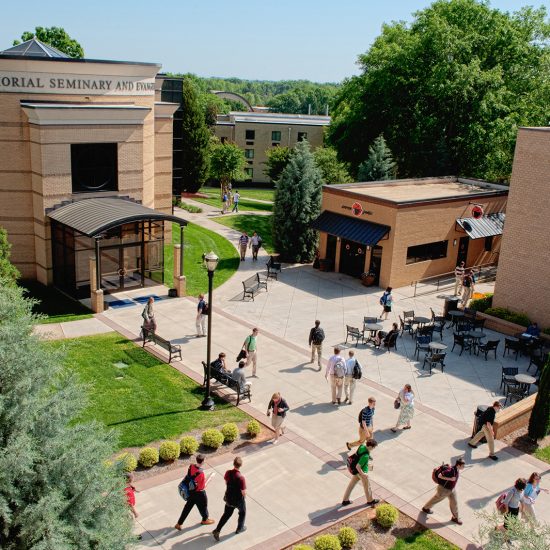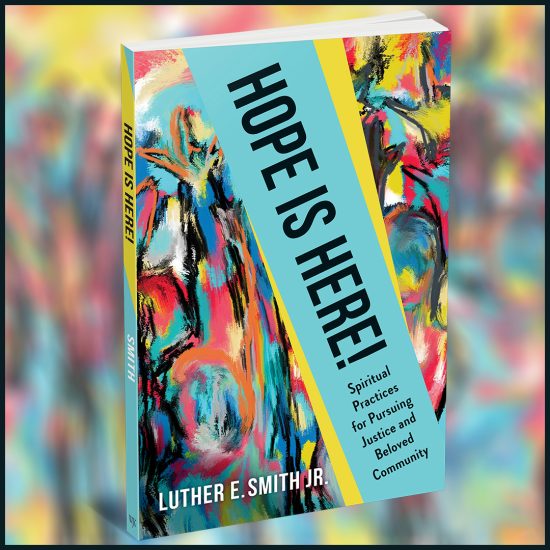Recent events in Ferguson, Mo., are a reminder that racial tensions — and racial ills — are alive and well. The shooting of an unarmed black teenager by a white Ferguson police officer on Aug. 9 has called attention to underlying racial injustices in the St. Louis area.
Missouri Gov. Jay Nixon in November named the Ferguson Commission to work toward dealing with a host of issues related to racial inequity and injustice in the St. Louis area back in November in an effort to make real progress in dealing with structures and practices long overdue for overhaul.
Missouri lawmakers are proposing legislation to deal with the situation.
But what should be the role of pastors and their churches in dealing with the age-old cancer of racism? Do clergy and their congregations have the will to make a difference in race relations where they are? How can they effectively address this issue that may be nearly as old as creation?
Earlier this week, while this issue of the print version of Word & Way was being prepared for the printer, a coalition of religious leaders from various denominations in St. Louis — called the One Church Outreach Ministry — sponsored the We Are One unity event at Faith Church in Earth City, Mo.
A Sunday night rally was to draw various religious leaders and speakers to a cross-cultural rally to include a commitment to “unity and reconciliation” by St. Louis-area religious leaders.
Another group of diverse clergy, Metropolitan Congregations United, has been meeting and praying in St. Louis in light of the Ferguson situation as they seek to address it as faith leaders.
One of those is Traci Blackmon, pastor of Christ the King United Church of Christ in Florissant, Mo., a member of the Ferguson Commission, which is to offer constructive recommendations by Sept. 15.
Various other groups, including blacks, whites and others, have also gathered for prayer and dialogue to address cross-cultural relationships and to show support for those directly affected in Ferguson and beyond.
Some pastors have made efforts to help their members and others better understand racial pressures that they — especially if they are white — might not fully understand.

Scott Stearman
|
Scott Stearman, senior pastor of Kirkwood Baptist Church, has written a series of blogs in an effort to encourage his congregation and other readers to move beyond prejudices and misunderstanding to try to see various points of view in the Ferguson events.
“It is essential that we, who seek to follow Jesus who crossed all racial and cultural boundaries to extend healing and compassion, do the same,” he wrote.
“Following the command to ‘do unto others’ means seeking understanding of what we’d want in the other’s circumstances.”
On another occasion, he blogged, “As with so many things in life, the problem is not as much knowledge of the good as the willingness to do good. I’m glad the governor is appointing a commission to study the issues that have come to light in Ferguson. However, I do worry that sometimes our issue is primarily about political will, not needed knowledge.”
Michael Olmsted, retired pastor of University Heights Baptist Church in Springfield, Mo., said he had taken two very simple actions in regard to Ferguson.

Michael Olmsted
|
“First, I called an African-American pastor friend near Ferguson to share my concerns and promised prayers. I shared my upbringing in a family that did not tolerate prejudice and that I was taught to respect people who seemed different from me.
“I asked him to try to communicate to his congregation that many people from the white community are distraught and shocked by events like this,” he said.
“Second, I pledged to ask my congregation to pray for the people of Ferguson and the mourning family, and to remind them that racial injustice is present in other communities,” he said. “All of us must be more sensitive to racial tension and inequality as we seek to be the presence of Christ in this world.
“We often forget that the family of Christ suffers when any of us hurt,” he said. “Distance is not an excuse to close our eyes and ignore the ministry of prayer.
“The racial tensions of America, and Ferguson in particular, burden me,” Olmsted said.
“I am white and cannot fully understand the grief and fear that can be such a part of any American’s life because of the color of their skin, accent, religion or any other distinctive. But I know there is no place in God’s Word where such prejudice or even hatred is justified.
“I cannot pretend to understand what other races experience or the pressures under which their children grow up, but I can treat others with kindness, pay attention to my words and attitudes, and encourage those who face prejudice in my world.”
He said Christians need to look for ways to express God’s love, to offer friendship, to build relationships that can change the culture and offer a better way.
“If we are truly to be followers of Jesus, we must be agents of grace and healing,” he said.






